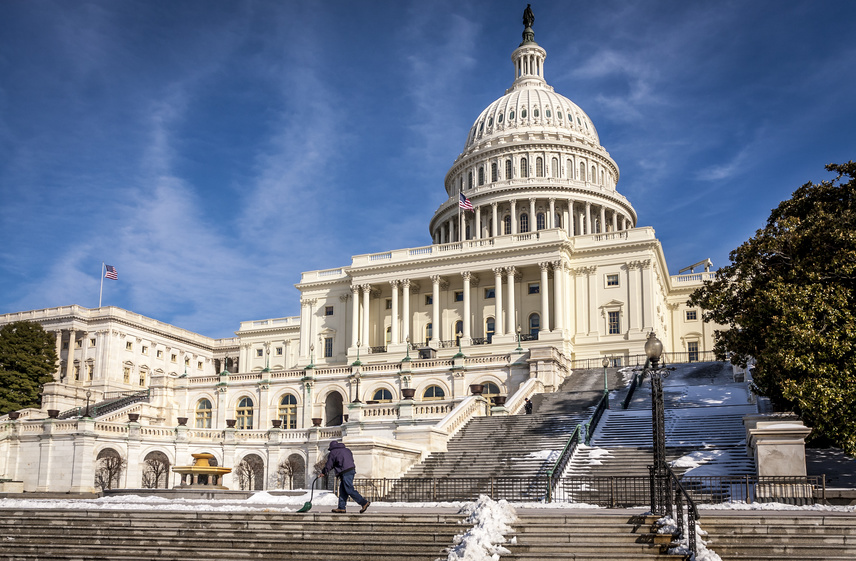On 20 June 2024, the US Supreme Court ruled, in a 7-to-2 decision in favor of the government, to uphold the constitutionality of the section 965 transition tax in Moore v. United States. This case has been closely watched because it informs a potential future dispute concerning the legality of a wealth tax and significant longstanding portions of the US tax regime. The original question presented was whether, under the Sixteenth Amendment, income must be realized before it can be taxed. The Court concluded that if a controlled foreign corporation realized income, then Congress could attribute that income to the corporation’s US shareholder and tax the shareholder accordingly. By applying this principle of attribution, the Court avoided the question of whether the Sixteenth Amendment includes a realization requirement, leaving that issue open for future litigation.
On 26 September 2022, the US Court of Appeals for the Eleventh Circuit, issued an opinion in United States v. Meyer, 50 F.4th 23 (11th Cir. 2022), holding that the Anti-Injunction Act, codified in Code Section 7421, did not bar a defendant taxpayer from seeking a protective order in a closed suit to restrain the government from using his admissions when assessing a tax penalty in a separate administrative proceeding.


